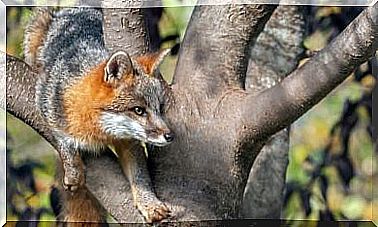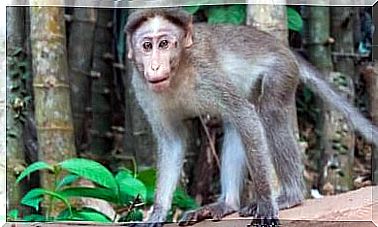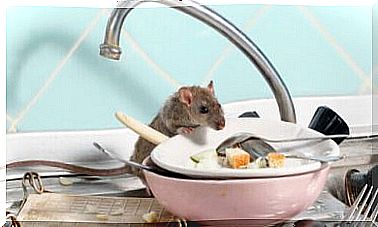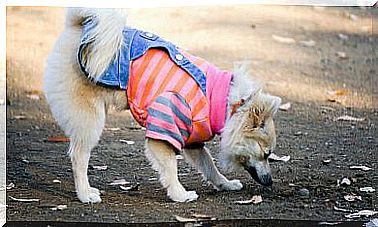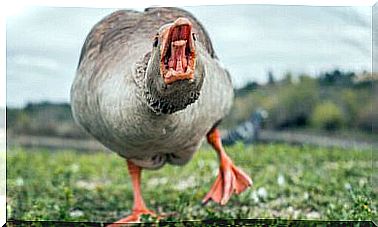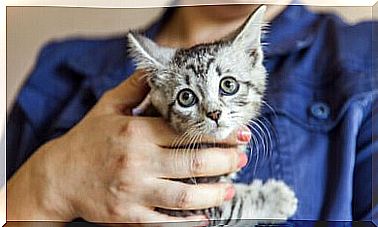What Are The Future Challenges In Protecting Animals?
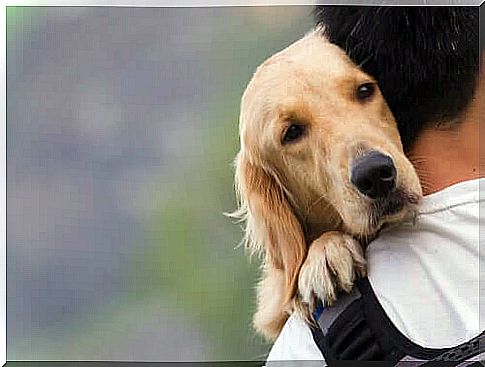
Despite the progress, it is clear that we still have a long way to go towards a society in which respect for animals and a logic of ethical and sustainable production prevail . However, it is also undeniable that animal protection laws and public policies have evolved a lot in recent decades.
It is evident that there are critical issues that currently stand out as the major challenges of the future in terms of well – being of animals, especially if we take into account that most advances focused on the protection of pets, setting aside wildlife and animals from the food industry.
It is also true that each country must face its own challenges, depending on its traditions, laws and legal structures, the culture transmitted from generation to generation, the logic of consumption, education and the socioeconomic status of its inhabitants, among other variables. A good example is bullfighting in Spain.
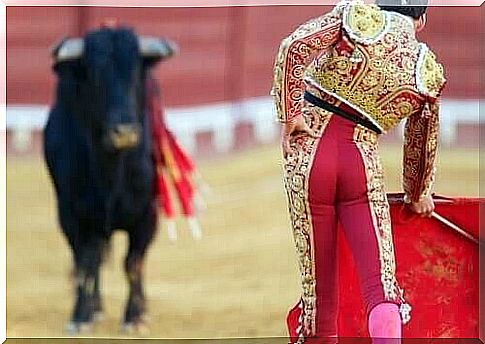
Next, we’ll look at the major common animal protection challenges that our societies will have to take on in the coming years. Where is the animal protection movement heading and how do we expect our representatives to respond?
The future of animal protection: beyond domestic animals?
As we saw at the beginning, one of the great challenges of protecting animals in the future will be to overcome myths and concepts about the “function” that certain species fulfill. These animals are at the origin of our societies and even make up the cultural identity of many countries.
Traditionally, we tend to be more empathetic with companion animals, those who are emotionally close to humans. It is clear that certain animals are sources of resources for our society.
This difference in treatment is also observed in the legal field. There are bills that propose the creation of a special judicial status for pets, so that they are no longer legally regarded as ‘movable property’ and are recognized as beings endowed with sensitivity.
However, thousands of animals spend their entire lives caged in unfortunate conditions and hunting continues to be understood as a regulated recreational activity. This shows that the concept of animal protection and advances in the fight against abuse have focused on pets.
In this sense, overcoming the notion that the existence of certain animals is simply reduced to serving man is a complex, but urgent and necessary challenge.
If we do not achieve this evolution, it will be very difficult to advance in the protection of wild animals and ‘farm animals’. It is almost impossible to achieve a change in legal status applicable to all species.
Animal law and animal law: different but equally important challenges
When we talk about animal rights, we are not necessarily referring to the recognition of animal rights.
That is, the fact that animal law is recognized as a discipline within the law and is taught in universities does not directly imply that animals are legally recognized as holders of rights.
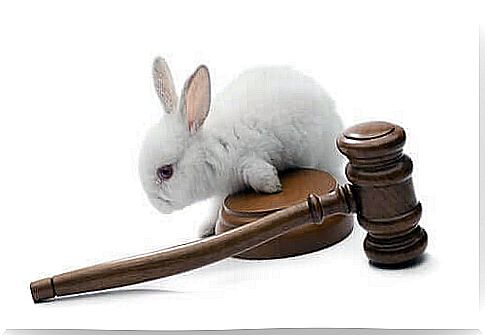
Likewise, these aspects represent very important challenges in the future scenario of animal protection. On the one hand, we need to continue promoting animal law education in more universities.
We cannot forget that we will need trained professionals to promote the creation of new laws that enable and optimize public animal welfare policies at the state level. And why not defend their inclusion in the school’s basic study?
This challenge is interconnected with that of advancing the recognition of basic animal rights. Animal law experts can make a big difference in advancing the legal status of animals.
This is essential to match treatment to all animals, overcoming limitations to pets.
Conclusion
A comprehensive and comprehensive analysis of animal welfare is needed, involving all aspects of a society that determine its relationship to animals.
Only then will we stop having specific policies and controversies to start laying a solid foundation for a society that lives and produces in an ethical and sustainable manner.
